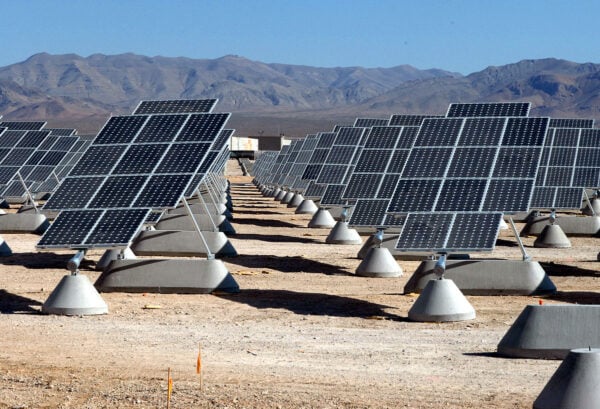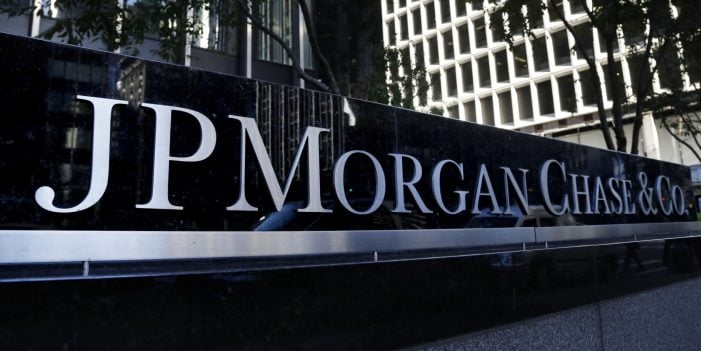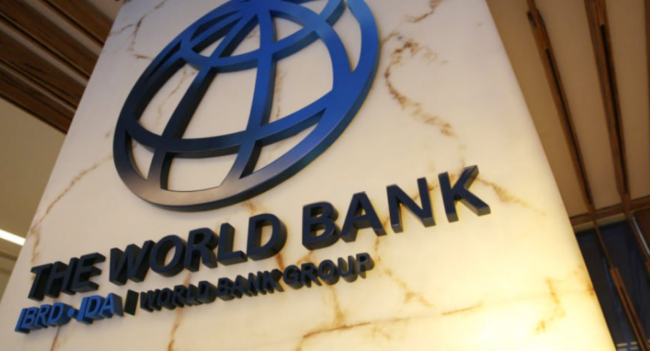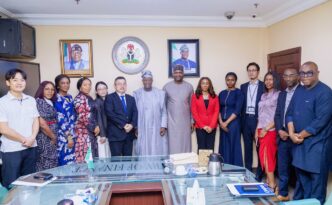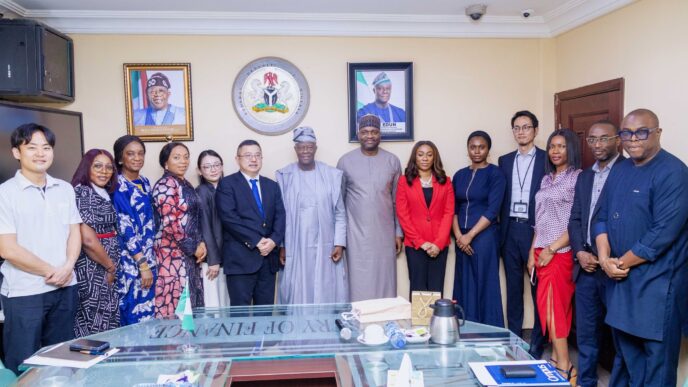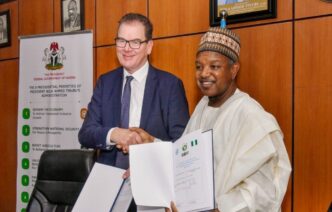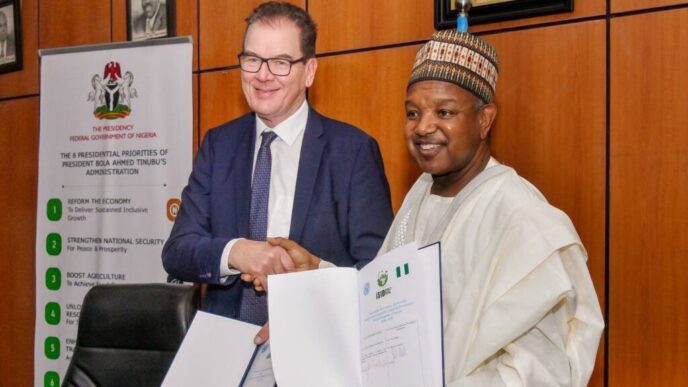The Centre for the Promotion of Private Enterprise (CPPE) has advised the federal government not to go ahead wth the proposed ban on solar panel imports, warning that such a policy would worsen the problem of energy access in Nigeria.
The concern follows a statement attributed to Uche Nnaji, minister of science and technology, suggesting that the federal government plans to halt the importation of solar panels to promote local manufacturing and accelerate Nigeria’s transition to clean energy.
Nnaji said the move aligns with the presidential order, which prioritises local content in science, engineering, and technology.
In a statement on Tuesday, Muda Yusuf, the chief executive officer (CEO) of CPPE, said such a move would be counterproductive, given Nigeria’s current energy challenges.
Advertisement
“Currently, Nigeria has one of the worst energy accesses with a per capita electricity consumption of about 160kWh, far below the sub-Sahara average of 350Kwh,” Yusuf said
“The adoption of solar energy solution is one of the most impactful government initiatives to tackle this problem and it has gained remarkable traction.
“A ban on the importation of solar panels in the face of glaringly inadequate domestic production capacity would worsen the country’s energy crisis.
Advertisement
“It would worsen the problem of energy access as it would make the cost of solar energy solutions prohibitive, putting it beyond the average Nigerian.
“The welfare cost of a ban on the importation of solar panels would be incredibly high as a result of the escalation in the cost of acquiring solar solutions.”
While acknowledging the government’s interest in local solar panel production, the CPPE boss stressed the need for a gradual and well-planned transition.
He advised that a ban should only be considered after rigorous empirical studies to determine the domestic demand for solar solutions, the capacity to meet those demands, and the economic implications.
Advertisement
“A recourse to a hasty decision of banning importation of solar panels would be very disruptive and counter-productive. It is important to ensure adequate local capacity to fill the supply-demand gaps,” he said.
“The minister’s announcement of a planned importation ban is already generating concerns and anxiety among the renewable energy investing community, the business community, households as well as multilateral organisations.
“It has significantly elevated the policy and political risk of investing in renewable energy solutions in Nigeria.
“This should be avoided because of the adverse impact on investors’ confidence. Urgent clarification of the government’s position is needed to restore that confidence.”
Advertisement
‘NIGERIA NOT RIPE FOR BAN ON IMPORTS OF SOLAR PANELS’
He insisted that a policy as significant as banning solar panel imports should be driven by the economic coordination team, including the ministers of finance, trade and investment, and national planning, with thorough stakeholder consultations.
Advertisement
According to Yusuf, it would allow for a comprehensive analysis of the wider economic and social implications of such a fundamental policy change.
The CPPE CEO said the acute energy deficit in the economy and the glaring domestic capacity limitations for the production of solar panels indicate Nigeria is not ripe for a ban on the importation of solar panels.
Advertisement
He urged the government to focus on incentives rather than restrictions, recommending tax breaks, tariff concessions on intermediate products, and long-term financing at single-digit interest rates to support local solar panel manufacturers.
Additionally, Yusuf called for a reduction in import duties on batteries, inverters, and wind turbines to 5 percent to improve energy access and reduce dependence on the national grid.
Advertisement
The CEO also clarified that Executive Order 5, which the minister referenced, is a procurement policy which directs the MDAs to give preference to Nigerian service providers in their procurement process for goods and services.
Yusuf added that the order does not equate to a trade policy measure with broader economic implications and requires a more rigorous study before policy pronouncements are made.
